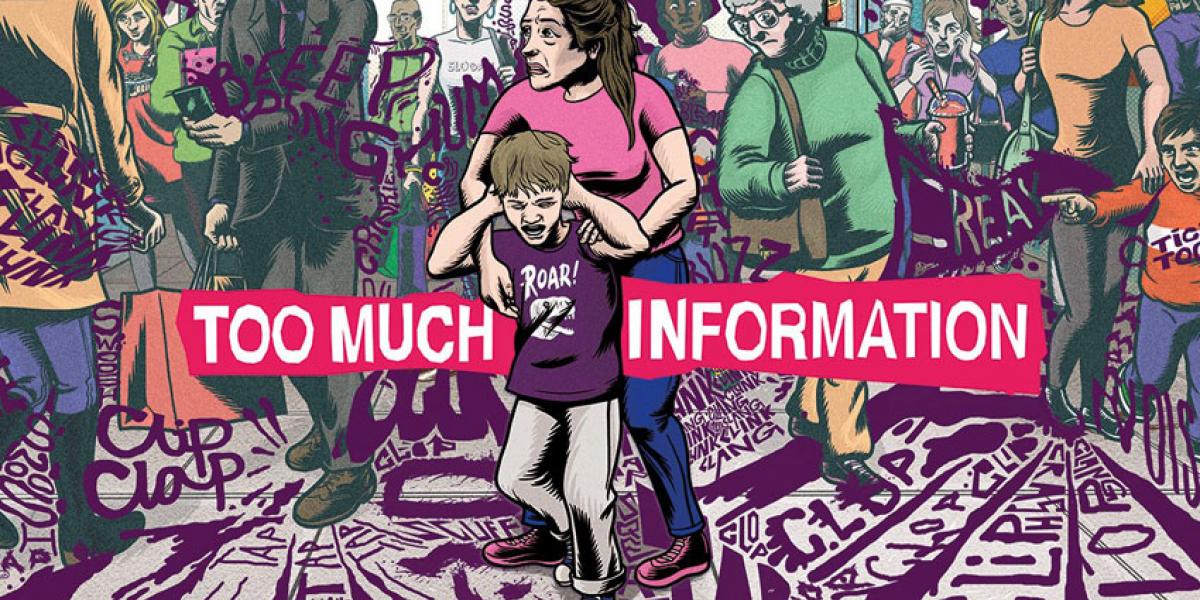10 Facts To Deal With Autism Meltdowns In Children And Adults
Meltdowns in Autistic people are fairly common and they are often mistaken for tantrums but that’s not the case. This post will clear all the misconceptions about meltdowns and also prove as an instructive guide to deal with it.

Meltdown is a complete loss of behavioural control. A person having a meltdown tends to scream, attack people, hurt themselves, break things, and generally go all-out. Once you reach meltdown point, they’ve pretty much lost it – and the chances are fair that they won’t be able to get hold of themselves for quite some time.
A tantrum is basically a bid for attention or control. You’ll notice that a tantruming child often sneaks the odd glance at their parent or caregiver to see if it’s working. A meltdown has no plan, and often seems as if the boy or girl can hardly tell what other people around them are thinking, never mind trying to manipulate them.
1. Meltdowns May Differ But Their Symptoms Are Somewhat Same
SOURCE = "Lakeiya Moellers"
These are some of the most common Triggers of a meltdown that an autistic adult or a parent of an autistic child should be aware of
- Sensory overload
- Information overload
- Emotional overload
- Expectations
- Too much uncertainty
2. Toughing It Out Doesn’t Work, You Can’t Fight Anger With Anger

Understanding the symptoms of a meltdown is the most important thing of all and once you’ve got it all figured out that how and when a physical/emotional meltdown occurs, then you can work on how you can deal with the meltdown the right way in order to tone it down or let it subside.
3. Anticipating A Meltdown Is A Proven Way To Avoid Meltdowns

People who deal with frequent cases of these outbursts can tell that if a meltdown is going to happen. Anticipation helps because the possible triggers can be eliminated before the possible outburst.
4. Identifying The Symptoms Is Of Essence In Controlling A Hyper Situation

Identification of the causes is the next step after the anticipation.
5. Minimising Triggers Is An Effective Way Keep Meltdowns In Check

Now, after having identified the triggers; they can be purged.
6. Sensory Considerations Are Important For Keeping The Outbursts At Bay

If a meltdown is brought on by sensory overload, it may help to calm down in a dark, quiet room.
7. Change In Routine Is Important To Break The Trigger Of Uncertainty

Change may help to increase structure around ordinary transitions, helping the person to navigate the change from one activity to another throughout the day. Using a clear timetable explaining when the transitions will be, using timers to countdown to transitions, using a favourite toy or character to be part of the transition, can all help.
8. Meltdowns In Adults Are Also Very Common

Anybody can have meltdowns regardless of the age but children and people with autism are seen to have more frequent episodes of meltdowns than other people. With adults the intensity, transition and preventions are complex.
Most adults having a meltdown would want to be left alone and this is what one should do if they are in the vicinity of a person experiencing meltdown.
10. Not Doing These Things Will Help With An Adult Having A Meltdown

- Do not become angry with the person or raise your voice.
- Do Not attempt to restrain the person.
- Do Not ask them what is wrong.
- Do Not taunt them, use sarcasm, or attempt to make me feel guilty.
- Do Not ask if they are drunk or on drugs
- Do Not tell the person to ‘snap out of it.’
It’s hard to empathise with the person experiencing a meltdown and react according to it, because it’s also tough for the people who have to witness it helplessly until it transitions into the recovery phase. If you just follow these instructions then you might be able to help someone having a meltdown or yourself for that matter.
Popular Posts
Veronica Seider - A Superhuman With Super-Eye
Veronica Seider’s super power sounds like a plot of a film. Veronica has an eyesight that redefines the human eye capability. ...
Swati Bhandari
Most Notable Dead Bodies Left On Mount Everest
The world’s highest mountain – Mount Everest not only serves as an epitome of nature’s beauty, but it is also a warning t...
Kimberly Campbell
15 Black Female Bodybuilders With Insane Physique
Bodybuilding takes a lot of patience and hard work but in the case of women, it takes a lot more than that. Despite all the aesthetic hurdles that female bod...
Kevin Green








